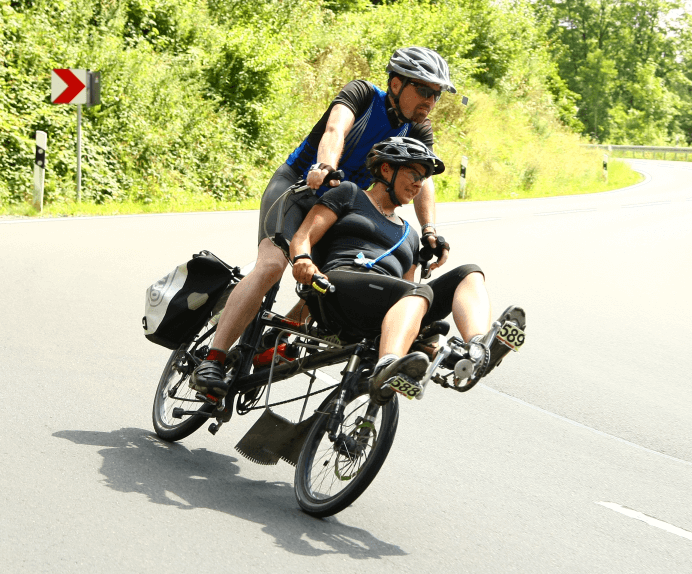While bicycles may be a modern thing, and thus a modern solution to the sustainable transport issues, overuse and sustainability are not a modern thing or concern. This shit has history. Lots of history.
Case in point? Overfishing. This was already done in medieval times, and there were counter-measures taken - this article in The Atlantic is a nice read about the topic.
While ruining our environment may have a long tradition, though, it doesn't mean that we should not strive to do better. (War, after all, is a very human thing too, and has a long tradition. Yet nobody in their right mind would say that war is a good thing. Or at least I hope so.) Unfortunately, making things better, and protecting the environment, often needs some kind of rule, or law, or regulation, or making it really pricey - because, let's face it, we're all only human, and if someone dangles a shiny tempting thing in front of our noses and offers a really good price, it is very hard to resist and not give in and snatch the shiny, whatever it might be. If meat is really cheap, a lot of it will be eaten. If cars are cheap and convenient to use, people will take the car instead of public transport or human-powered transport. If flights are really cheap, a lot of people will fly without a second thought.
And now we've arrived at the real reason for this post: Flights. Full disclosure: I'm not a strict non-flier. I've done plane trips in the past both for job reasons and for fun reasons. I will fly to Dublin for WorldCon this summer, not travel there by train, and when I am going to NESAT next year, chances are rather high that I will fly to Finland instead of taking the train. In both cases, a train trip there would take several days - either because I'd need to do an overnight stop, or because I'd have to factor in at least one additional day after arrival to recover from having little to no sleep on the trip. (This would look very, very different if there were still night trains with sleeper cars, by the way. I'd love to use those instead, they were a wonderful thing!) Spending an extra day or two travelling time will up the total cost of the travel, which - going by train - would already be significantly more expensive than going by plane. So that's a number of things prodding me to choose the plane.
And, obviously, I do. I book those flights with a bad conscience, because yes, I do believe that every flight is one too many. Being an inconsequent human being, I'll also look for the best deals in terms of flight length, start or arrival time, and price. (No use taking a plane instead of a train if I still end up with a sleepless night.) However... if all flights would cost double or triple the amount, making a long train trip with an overnight stay, maybe to enjoy a little city sightseeing on the stopover point would become much more attractive.
And there's actually a way to make flights more reasonably priced. Reasonably, in this case, being higher priced - and thus more in keeping with what flying actually costs us, as living beings on a planet, in terms of social costs and environmental damage. (Aviation emissions have risen 21% in the last three years.) One of the reasons flights are so cheap is the tax exemptions that are granted: There is no VAT charged on airplane tickets, and the kerosene used as a fuel is also exempt from taxes. That is unfair, especially seeing that public transport, including trains, is taxed both for fuels and for tickets.
There now is a European Citizens' Initiative asking to remedy this, with a registered petition at the European Commission. You can read more about the background for the petition here, or you can go straight to the petition, fill in your details, and sign.
It needs one million signatures, and it currently has close to 19.000 - so please go, sign, and spread the word!




